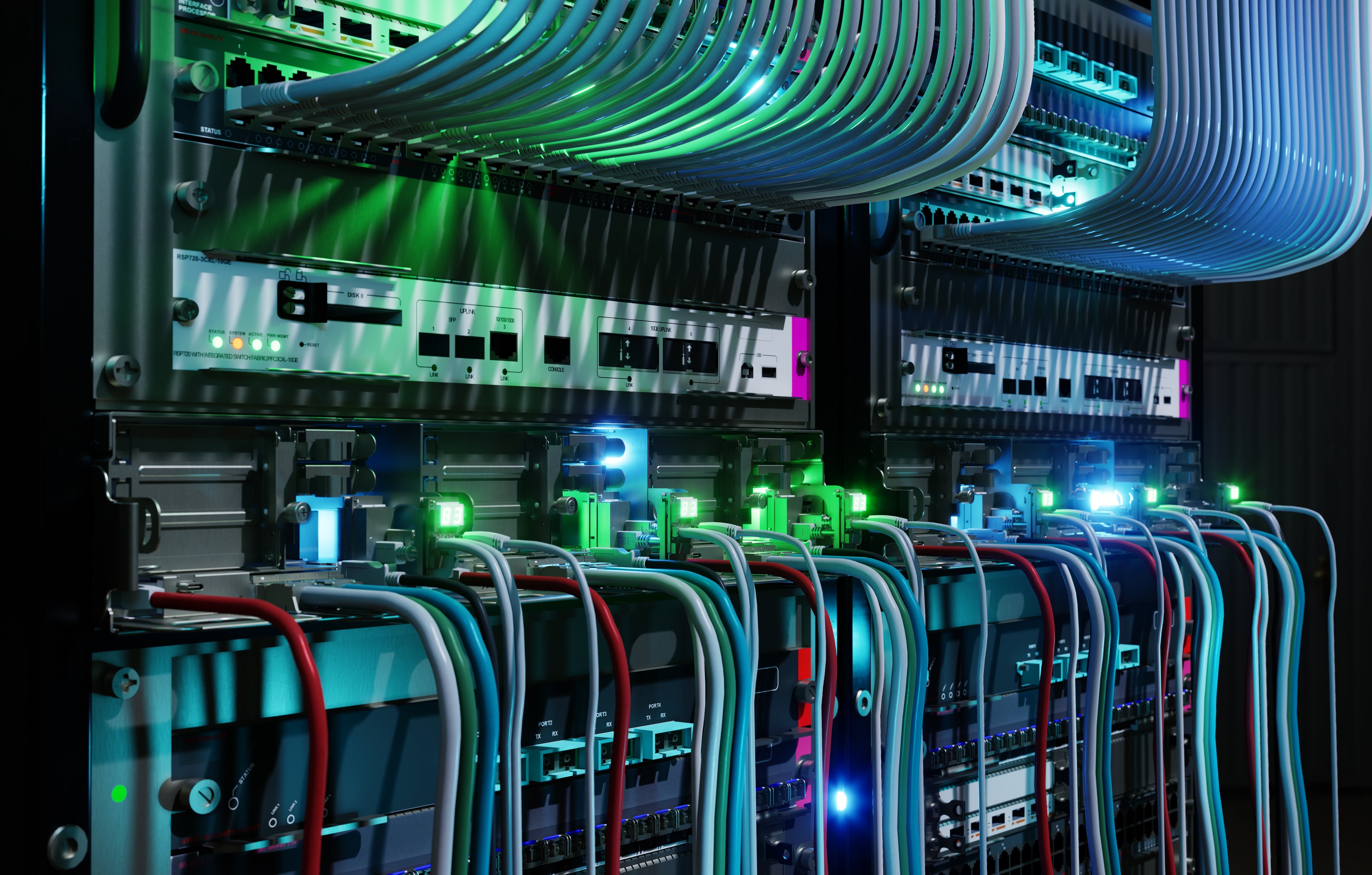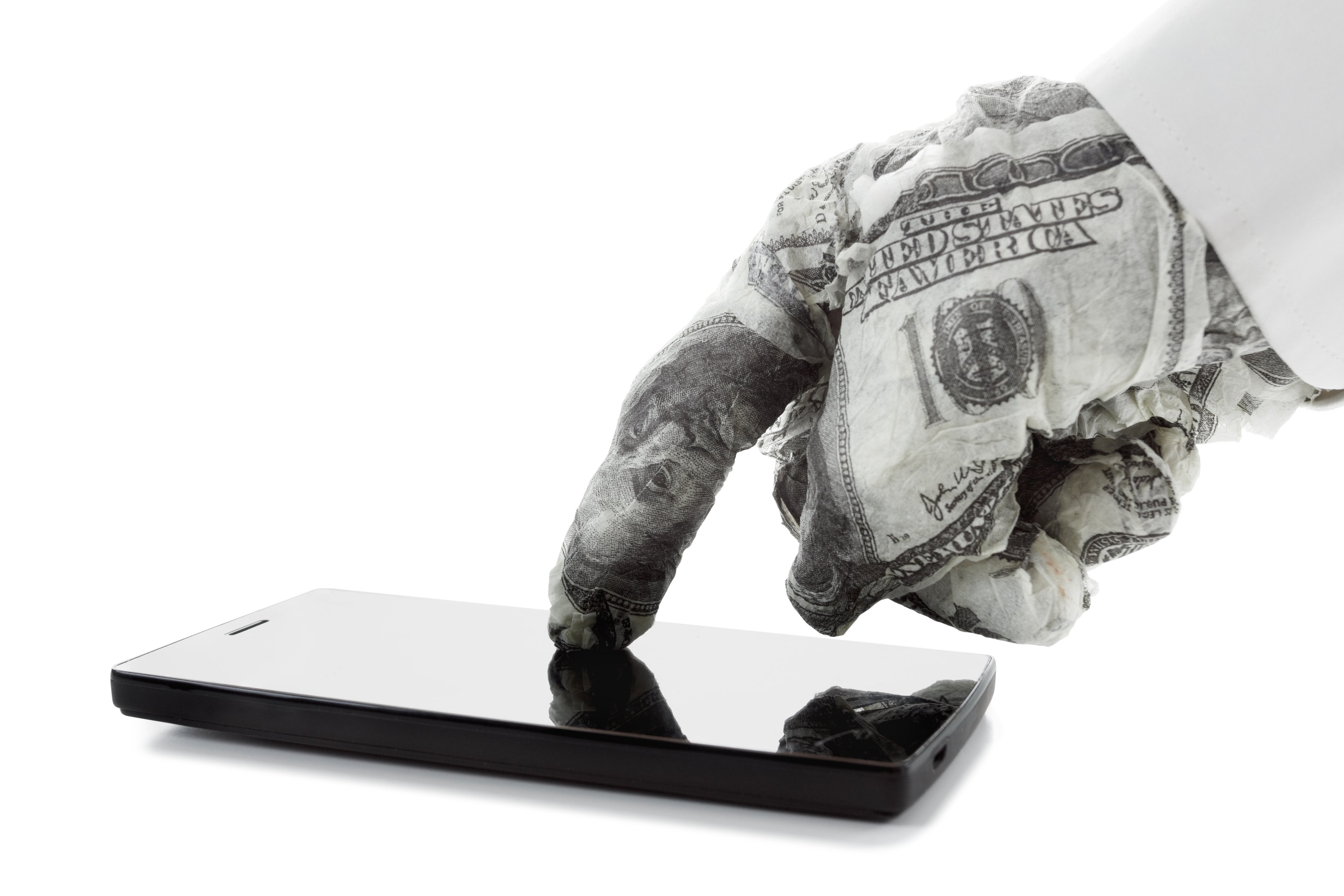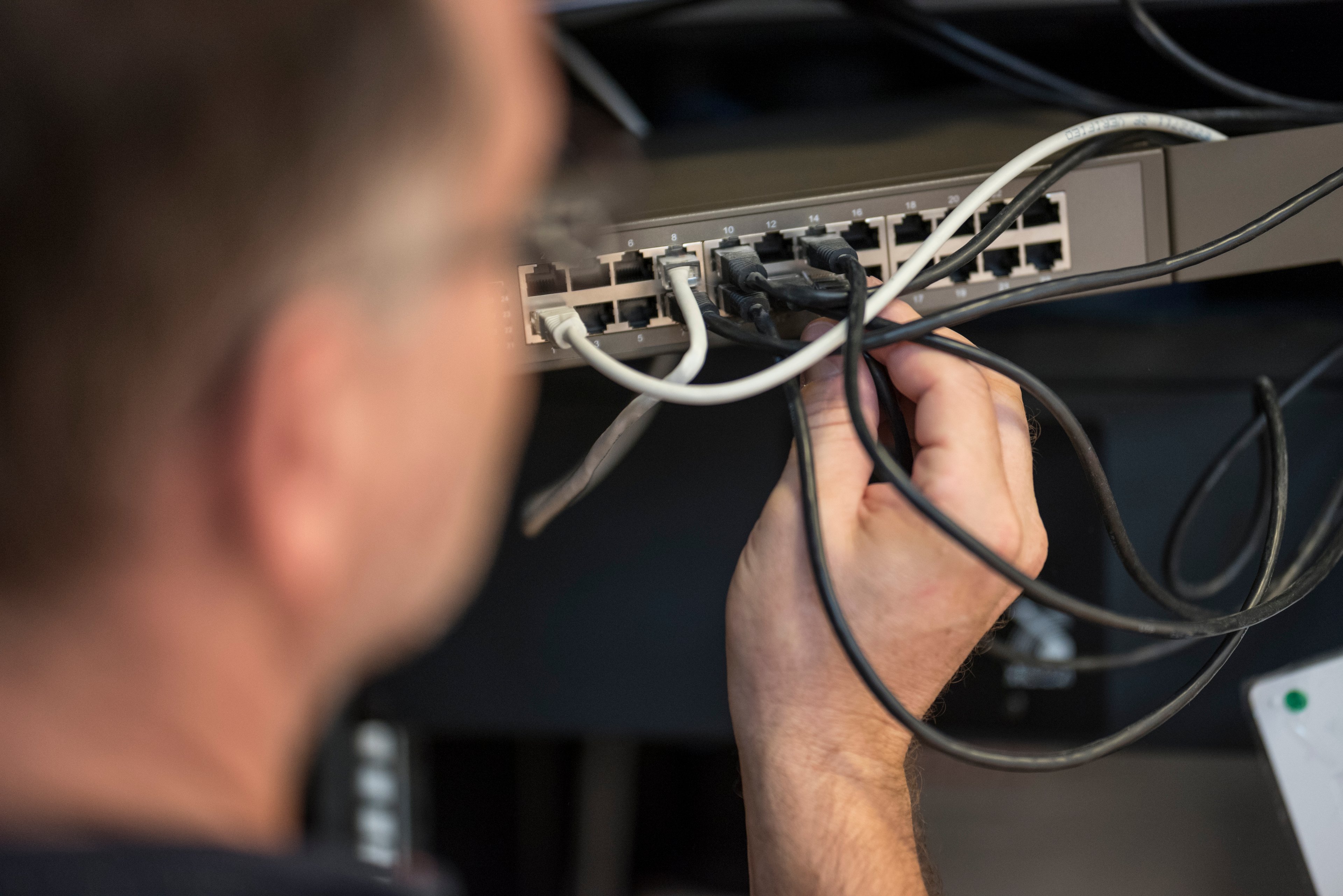Even the most diehard BlackBerry bear will admit: This is going to be big. Research In Motion (RIMM 12.93%) announced on Nov. 12 that the new BlackBerry 10 platform, along with two smartphones, are scheduled for worldwide launch Jan. 30, 2013.
The beleaguered smartphone manufacturer has about as much riding on the new BlackBerry 10 release as Nokia does (NOK +1.88%) on its latest smartphones. The release of RIM's newest BlackBerry, like that of Nokia's recent Lumia smartphone running Windows 8, may not be their (respective) last-ditch efforts, but they're pretty close.
The BlackBerry 10 specs
All the specs won't be announced until Jan. 30, other than the usual rumors that are sure to surface, but CEO Thorsten Heins did share a few tidbits.
Out of the gate, the new BlackBerry claims its new OS will offer "a large catalog of the leading applications from across the globe and across all categories." And while this is suspiciously devoid of specifics, if true, users won't have to wait for the apps to catch up with their phones, something Microsoft's Windows 8 OS offering is struggling with. Navigation for BlackBerry 10 users, according to the press release, will use RIM's new BlackBerry Flow to easily navigate in and out of the BlackBerry Hub.
BlackBerry Balance allows users to bounce back and forth between work and personal data, maintaining security for the business side of things, while maximizing their personal use. One of the coolest features, at least on paper, will be the BlackBerry Keyboard. The app learns how a user types, and then will automatically adapt itself to the typing idiosyncrasies of each user -- relief for chopstick keyboardists (you know who you are).
Similar in many ways
Like Nokia CEO Stephen Elop, Heins was thrown into the proverbial fire after RIM co-founders and co-CEOs Jim Balsillie and Mike Lazaridis finally stepped down earlier this year. We all know the mess Heins was left with, and his objective of getting RIM back to doing what it does best -- serving the commercial and government marketplace -- is the right one. The new BlackBerry platform has already received FIPS 140-2 certification, opening the door for sales to government agencies.
Like Nokia, RIM is betting its latest smartphone will energize sales and return it to its former glory. The companies have something else in common, too: mounds of ready cash. RIM ended its most recent quarter with no long-term debt, and cash and equivalents of $2.3 billion, or about $4 per outstanding share.
With $11.75 billion on the balance sheet, Nokia's cash per share -- net of long-term debt -- nearly equals its current $2.70 share price. Of course, Nokia's stash has consistently dwindled the past several quarters, while RIM's been able to add to its balance sheet -- including $100 million last quarter.
Concerns abound
As if RIM and Nokia didn't have enough facing them, they've also got to contend with Apple's (AAPL +0.17%) recently released iPhone 5. As one of the most dominant smartphone manufacturers in the world, with a seemingly endless number of rabid iFans, making a significant dent -- if it happens at all -- will take years, not months. Does either RIM or Nokia have that kind of time, barring an acquisition? No, but neither company needs to unseat Apple to succeed -- what they need is to show signs of life. For example, exceeding sales expectations for their respective new smartphone offerings would at least give RIM or Nokia some traction to build on.
Taking a chunk out of Apple is a tall order, and it's hardly the only obstacle. As if Google (GOOG +1.47%) and its dominant Android OS wasn't enough, the purchase of Motorola Mobility and the recent release of its own Nexus 4 smartphone is just the beginning from the online behemoth. And let's not forget Microsoft (MSFT +0.22%) and its recent Surface tablet. As I alluded to in an earlier article, Windows 8 and its shift to developing hardware means a Microsoft manufactured smartphone is a matter of when, not if.
RIM and Nokia: they're both aggressive plays with a lot riding on new product rollouts. But for the contrarian investor, Nokia offers more upside. Why? A couple of reasons: No. 1, with net cash on-hand nearly equal to its current share price, Nokia is a better value with less downside risk. No. 2, Nokia is sitting on one of the most valuable patent portfolios in the industry. Analysts figure the 40,000 worldwide patents Nokia either owns, or has pending, are worth $6 billion. If you want to take some risk in the smartphone market, the patents along with the balance sheet set Nokia apart.









